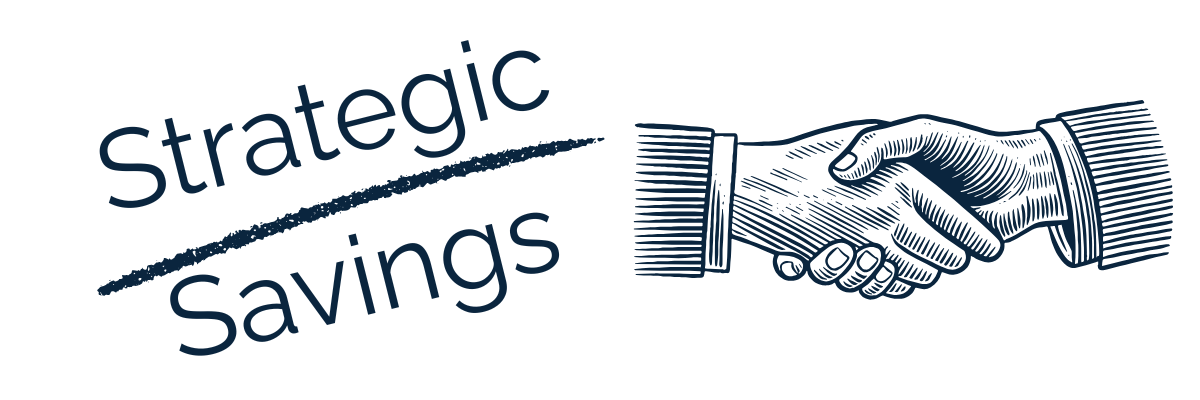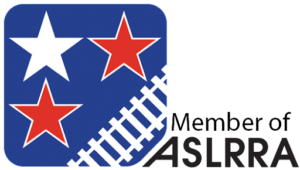In the rail industry, where precision, planning, and performance define success, choosing the right vendors is a high-stakes decision. Whether you’re selecting a software platform for railcar tracking, a third-party service provider for fleet management, or a logistics partner to support network optimization, one thing is clear: the lowest price rarely delivers the highest value.
There’s growing pressure to cut costs, but there’s also growing complexity. Railroads, shippers, and operators are expected to do more with less—more visibility, more flexibility, more customer service—with tighter budgets and leaner teams.
In this environment, vendor partnerships that align with your business strategy can be a critical differentiator. Here’s why:
Strategic Fit Trumps Short-Term Savings
Selecting a third-party provider—whether for railcar maintenance, software integration, or shipment visibility—requires more than just comparing quotes. You need to ask: Does this vendor understand our goals, constraints, and long-term vision?
The wrong vendor might check the box for today’s needs but create friction tomorrow:
- A low-cost software platform that doesn’t scale with your fleet size
- A service provider that can’t support multiple Class I interfaces
- A consultancy that delivers surface-level recommendations without implementation support
Aligned vendors take a long-term view. They offer solutions that fit your operation today and support your growth trajectory.
Rail-Specific Expertise Matters
In rail, not all vendors are created equal. Generic transportation solutions often lack the nuance required for interchange management, waybill processing, demurrage reduction, or real-time railcar tracking. Choosing a vendor just because they’re “cheap and fast” often leads to:
- Limited rail network integration
- Clunky workflows that don’t reflect real-world operations
- Time lost educating vendors unfamiliar with railroad systems or terminology
Vendors who specialize in rail-specific software and services can offer faster onboarding, better insights, and fewer disruptions—because they already speak your language.
Tech Alignment = Operational Efficiency
The rail industry is increasingly data-driven. If your vendor’s software doesn’t integrate with your existing TMS, ERP, or other systems, you’re creating data silos and manual workarounds—ironically increasing costs over time.
Look for tech-forward vendors who:
- Offer API integrations and custom reporting
- Enable proactive notifications for exceptions or delays
- Support user-friendly dashboards that empower your teams
The right software partner can help you reduce dwell, manage demurrage, and spot inefficiencies across your network—giving you an edge that a cheaper but disconnected tool never could.
Alignment Drives Accountability
Transactional vendors focus on the contract. Strategic vendors focus on performance. That’s a big difference in an industry where delays, billing errors, or compliance lapses can ripple downstream fast.
Vendors aligned with your strategy will:
- Collaborate on KPIs that matter to your operation
- Offer dedicated account management
- Proactively propose solutions—not just respond to problems
These partners think beyond their scope. They want your rail operation to succeed because your success becomes their long-term business.
Innovation Demands Collaboration
Railroads are undergoing a digital transformation, and so are the businesses that rely on them. Whether it’s deploying AI for shipment ETA prediction, building custom dashboards to support your business, or automating manual reporting—the vendors you work with need to innovate alongside you.
If you’re focused on modernization but your vendor is stuck in “how we’ve always done it” mode, you’re creating drag, not momentum.
Strategic vendors:
- Stay ahead of rail industry trends and regulations
- Invest in R&D to improve service offerings
- Bring fresh ideas to the table and invite collaboration
Innovation is a team sport, and your vendors should be on the same team.
Final Thoughts
Price is important—but in the rail industry, the true cost of a bad vendor decision isn’t on the invoice—it’s in the lost time, missed opportunities, and operational headaches that follow.
Whether you’re choosing a rail tech platform, a data analytics partner, or a third-party fleet manager, prioritize vendors who align with your strategy, understand your business, and are committed to growing with you.
Because in rail, as in any complex system, it’s not just about how little you spend—it’s about how smart you build.

Adam Shaddy
Director, Technology & Logistics
He currently resides in Fort Worth, TX.




Leave a Reply